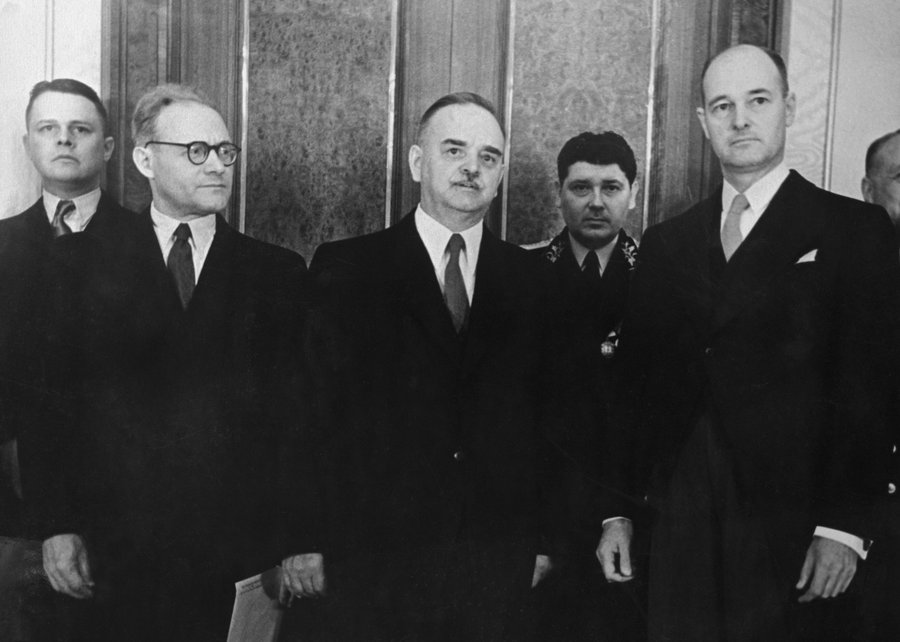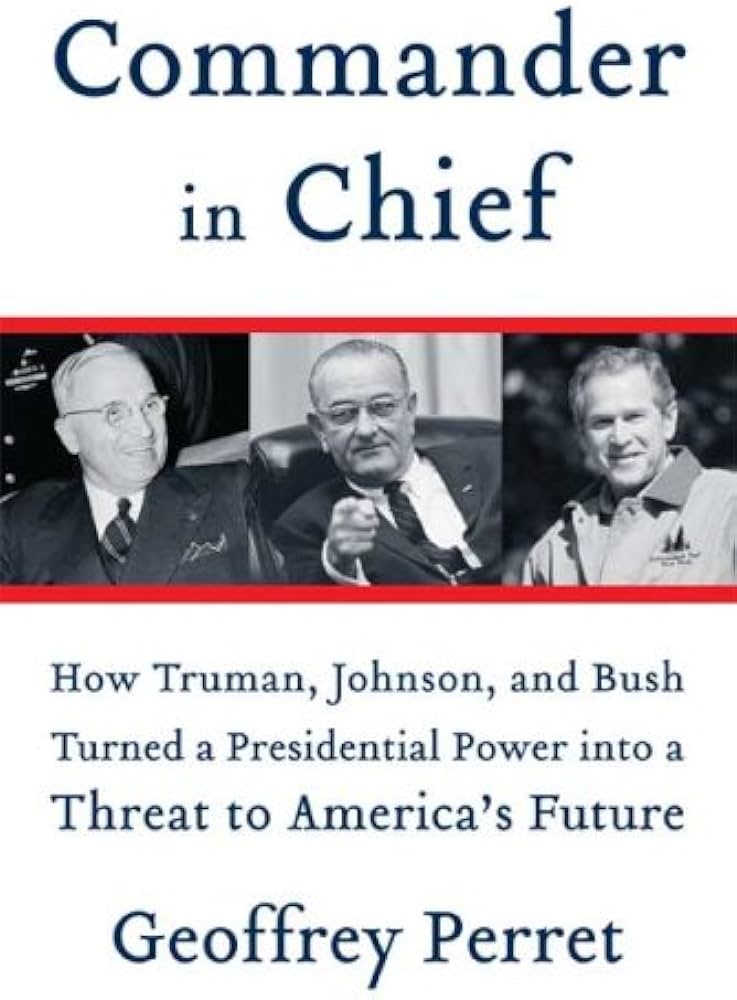Understanding the pivotal moments that shape historical decisions is crucial in unraveling complex diplomatic landscapes. In the case of Truman’s decision to support France in Vietnam, two profound events played a significant role in steering his foreign policy. These events not only influenced Truman’s stance on the French colonial presence in Vietnam but also set the stage for the subsequent American involvement in the region. By delving into these decisive moments, we can glean insights into the intricate web of factors that propelled Truman towards aiding France in Vietnam, ultimately paving the way for America’s deepening entanglement in the Vietnam War.
Background on Truman’s foreign policy
Truman’s foreign policy was shaped by a combination of factors, both internal and external, that influenced his decisions regarding international affairs. During his presidency, he faced challenges such as the aftermath of World War II, the rise of the Soviet Union, and the beginning of the Cold War. Truman believed in containing communism and supporting democratic nations around the world.
Truman’s Doctrine
The Truman Doctrine, announced in 1947, was a key aspect of Truman’s foreign policy. It aimed to provide financial aid to Greece and Turkey to prevent the spread of communism in those countries. This marked the beginning of the policy of containment, which would guide U.S. foreign relations for years to come.
Marshall Plan
The Marshall Plan, also known as the European Recovery Program, was another significant initiative under Truman’s foreign policy. Proposed in 1947 by Secretary of State George Marshall, this plan aimed to provide economic assistance to help rebuild war-torn Europe. By fostering economic stability, the Marshall Plan aimed to prevent the spread of communism in Western Europe.

Event 1: The fall of China to the communists
One of the critical turning points that influenced Truman’s decision to help France in Vietnam was the fall of China to the communists in 1949.
Impact on Truman’s Foreign Policy
This event had a significant impact on Truman’s foreign policy as it heightened concerns about the spread of communism in Asia.
The Communist victory in China marked a major setback for U.S. efforts to contain the spread of communism in the region.
Escalation of Cold War Tensions
The fall of China intensified cold war tensions between the United States and the Soviet Union.
The Truman Doctrine, which aimed to contain the spread of communism, was challenged by the events in China.
Event 2: The outbreak of the Korean War
The outbreak of the Korean War in 1950 marked a significant turning point in history and had a major impact on Truman’s decision to assist France in Vietnam. The sudden escalation of conflict on the Korean Peninsula heightened Truman’s concerns about the spread of communism in Asia and the domino effect it could have on neighboring countries.
Impact on Truman’s Foreign Policy
The Korean War solidified Truman’s commitment to containing communism, leading to a more aggressive approach in addressing global threats. Truman recognized the need to support allies against communist aggression, which influenced his decision to provide assistance to France in Vietnam.
This decisive stance set a precedent for future U.S. foreign policy strategies, emphasizing the importance of intervention to prevent the spread of communism.
Global Ramifications
The Korean War intensified the Cold War rivalry between the United States and the Soviet Union, shaping international relations for years to come. It underscored the ideological divide between the two superpowers and highlighted the strategic importance of Asia in the broader geopolitical landscape.
- The Korean War highlighted the need for military alliances, leading to the formation of the Southeast Asia Treaty Organization (SEATO) in 1954.
Truman’s Decision to Help France in Vietnam
Truman’s decision to assist France in Vietnam was influenced by two pivotal events that shaped American foreign policy in the region.
Escalation of Communist Threat
One significant event that convinced Truman to help France in Vietnam was the escalating threat of communism spreading across Southeast Asia during the post-World War II era. The fear of communism gaining a foothold in the region urgently pushed Truman to provide assistance to France to counter the communist forces.
Rise of Nationalist Movements
Another key event that influenced Truman’s decision was the rise of nationalist movements in Vietnam, fueled by the desire for independence from colonial powers. Truman viewed supporting France as a way to maintain stability in the region and prevent the spread of nationalist sentiments that could challenge American interests.
Impact of Truman’s Decision
President Truman’s decision to support France in Vietnam marked a significant turning point in U.S. foreign policy. It set the stage for America’s increased involvement in Southeast Asia and ultimately led to the escalation of the Vietnam War. Truman’s commitment to aiding France stemmed from two key events that convinced him of the importance of supporting the French in their struggle against communist forces.
French Defeat at Dien Bien Phu
The French defeat at the Battle of Dien Bien Phu in 1954 was a pivotal moment that highlighted the vulnerability of French forces in Vietnam. The fall of Dien Bien Phu showed Truman that French colonial rule in Indochina was in jeopardy, and without U.S. intervention, the spread of communism in Southeast Asia could not be contained.
Truman realized that supporting France in Vietnam was crucial to preventing the domino effect of communism in the region and protecting U.S. interests in Asia.
American Anti-Communist Sentiment
Another event that influenced Truman’s decision was the prevailing anti-communist sentiment in America during the Cold War era. The fear of communist expansion and the spread of Soviet influence prompted Truman to take a firm stance against communism in all its forms.
The rise of McCarthyism and the Red Scare further fueled the public’s anxiety about the communist threat, pushing Truman to demonstrate U.S. commitment to containing communism in Vietnam.
Frequently Asked Questions
-
- What were the turning points that convinced Truman to help France in Vietnam?
- The two main turning points were the fall of China to communist forces in 1949 and the outbreak of the Korean War in 1950.
-
- How did the fall of China to communist forces impact Truman’s decision to help France in Vietnam?
- The fall of China to communist forces in 1949 heightened Truman’s concern about the spread of communism, leading him to adopt a more interventionist approach in Southeast Asia.
-
- What role did the Korean War play in Truman’s decision to help France in Vietnam?
- The outbreak of the Korean War in 1950 further solidified Truman’s commitment to containing communism, prompting him to provide military and financial assistance to France in their conflict in Vietnam.
-
- Did Truman face any opposition to his decision to support France in Vietnam?
- Yes, there was some opposition and criticism domestically in the U.S. regarding Truman’s decision to support France in Vietnam, particularly from those who were skeptical of getting involved in the conflict.
-
- How did Truman’s support for France in Vietnam impact the future of U.S. involvement in the region?
- Truman’s decision to support France in Vietnam laid the groundwork for increased U.S. involvement in the region, eventually leading to direct U.S. military intervention in the Vietnam War.
Key Turning Points and Truman’s Decision
In conclusion, Truman’s decision to help France in Vietnam was influenced by two critical turning points. The first event was the fall of China to communism in 1949, which heightened fears of the domino effect in Asia. This, combined with the outbreak of the Korean War in 1950, solidified Truman’s resolve to contain communism, leading to increased support for France in Vietnam. The second event was the French defeat at Dien Bien Phu in 1954, which highlighted the urgent need for American intervention to prevent the spread of communism in Southeast Asia. Truman’s strategic calculations and the geopolitical landscape of the time played crucial roles in shaping his decision.

